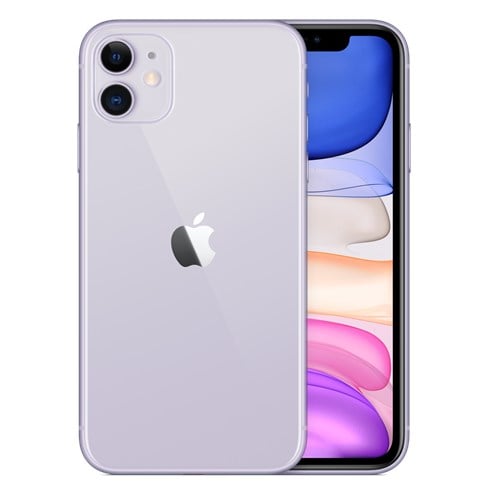In the month of September, Apple launched its latest smartphone lineup which consists of the standard iPhone 11, iPhone 11 Pro and iPhone 11 Pro Max. For the first time in its history, Apple has reduced the starting price of a model upgrade. Even with the introduction of a secondary rear camera and newer chipset, Apple priced the iPhone 11 for $699 which is considerably lower than its predecessor, iPhone XR that started at $749.
 According to a Nikkei report, the reduction in price has resulted in better than expected demand of the new smarpthone. Subsequently, Apple has asked its suppliers to ramp up production of iPhone 11 lineup by upto 8 million units. Although irrelevant, this figure is equivalent to what Google’s annual smartphone shipment for the current year looks like.
According to a Nikkei report, the reduction in price has resulted in better than expected demand of the new smarpthone. Subsequently, Apple has asked its suppliers to ramp up production of iPhone 11 lineup by upto 8 million units. Although irrelevant, this figure is equivalent to what Google’s annual smartphone shipment for the current year looks like.
After the report was published, the share price fo Apple’s component manufacturers rose in Japan. Japan’s Minebea Mitsumi closed up 3%, Japan Display rose by almost 2%, while Murata Manufacturing and Alps Alpine also gained.
Having said that, suppliers are maintaining a cautious stance as they are unsure whether Apple can sustain the surge in demand for an extended period or not. Another factor that could hinder iPhone sales in future is the China tariff that Washington is supposed put into effect from the 15th of December. Due to this, Apple will have to pay a 10% tariff on products that are imported from China.
Editor’s Pick: ZTE files Design Patent for a Smartphone with Rotatable Display Module
Reports in the past have claimed that if such a tariff is put into place, Apple plans to absorb them until it can negotiate a deal with its government or move the iPhone production to another country which is easier said than done. But Apple is yet to make a statement and if it passes on the tariff hike on to consumers by increasing price, the sales could plummet. Therefore, the cautious stance of Chinese suppliers makes sense.
Yasuo Nakane, head of global tech research at Mizuho Securities, said his company has revised up 2019 iPhone production estimates to 194 million units from 178 million. But they are still less than the 208.8 million iPhones sold in 2018.
While Apple seems optimistic about the demand of the iPhone 11, only time will tell, if it is able to beat sales of the iPhone X lineup from yesteryear.
(via)
UP NEXT: Samsung is gifting employees with Galaxy S10+, other goodies after closing its last Chinese factory







